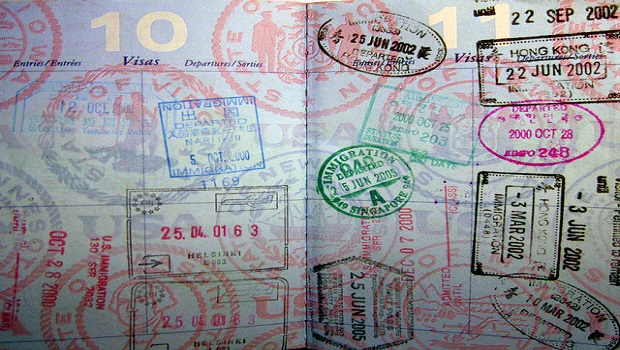Government provides ample opportunities to willing aspirants to deliver services in various schools and institutions in the field of teaching. After qualifying the CTET (Central Teacher Eligibility Test) exam organized by Central Board of Secondary Education (CBSE), anyone can fulfill his/her dream of becoming a teacher.
Most candidates search for reliable preparing solutions but due to lack of basics and an important preparation strategy, miss out on this golden opportunity. In order to be the winner and stay ahead of the pack, it requires that you understand every step of the examination and prepare for it wisely. The CTET exam is open, pellucid and fair, so the chances of getting shortlisted purely depend on the candidate’s capabilities, preparation and merit.
The following crucial points will help you know more about the examination and its preparation tactics:
Table of Contents
Comprehend Eligibility:
One of the key sections that has a fairly significant impact on the exam is the eligibility criteria. So it is very important to study the notifications in detail and adhere carefully to the CTET eligibility criteria. Candidates must be aware that there is a difference between the essential education for a primary teacher and an upper Primary Teacher. One of the qualifications mandatory to apply for teacher post is Senior secondary education or its equivalent with 50% marks. Moreover, one of the following certificates, such as completed Diploma in Elementary Education, Bachelor of Elementary Education(B.Ei.Ed), Bachelor of Education( B.Ed), 4-year B.A./B.Sc.Ed from an NCTE ( Nation Council for Teacher Education) affiliated institution and so on, are also obligatory.
Perceive the Exam Pattern
: CTET exam incorporates Paper-I and Paper-II which consists of 150 MCQ’s (Multiple choice questions) with one mark for each question. Every candidate is allotted a stipulated time limit of 150 minutes is allotted to attempt all the questions. Paper-I is made up of five subjects and Paper-II is made up of four subjects. Details pertaining to subjects can be understood in the syllabus. The CTET exam process is executed in offline mode and there is no negative marking as well, making it easier for candidates to mark wild guesses and scoring more. In Paper-II, mathematics and science is incorporated for candidates with a science background and social science is included for candidates having Arts background.
Understand the Syllabus:
A proper understanding of the CTET syllabus is paramount to qualifying the CTET exam with a decent score. It must be apparent that the syllabus for both papers is different, and therefore, while preparation this point should be taken into consideration as well. Paper-I consists of Child Development and Pedagogy, Mathematics, Environmental Studies, Language-I (mandatory), Language-II (mandatory) and Paper-II incorporates Child Development & Pedagogy, Mathematics and Science OR Social Studies, Language-I (mandatory), Language-II (mandatory). The exam is conducted in a bilingual format so that candidates can choose their comfortable language.
Consistent Practice:
It goes without saying that you should practise a lot before appearing in the exam. Proper practise instills in you the needed confidence, which is pivotal in attempting any question paper. It is very helpful to get familiar with the environment before appearing in the exam and this is possible only by solving mock tests and sample papers, which enhance speed as well as accuracy. Sometimes despite having ample knowledge, candidates are not able to qualify because of some silly mistakes and such mistakes can be easily rectified by learning basic concepts and consistent practice. Putting efforts on more questions and removing errors could add more marks and more chances to qualify the exam.
Strengthen your weakness:
Any hurdle could be crossed by strengthening your weaker areas. Candidates should identify their weak areas, topics, subjects, and concepts in which there is considerable scope for improvement. Making notes is one of the techniques that helps as aspirants to improve his/her weaker sections. More often than not, making notes helps in retention of the previously learned topics. Group discussion in your study groups could be another pillar that can provide significant support. Discussion with people who are also preparing for the same field and those having in-depth knowledge makes things easy to remember. This tactic will also help in exploring better strategies to crack the exams.




